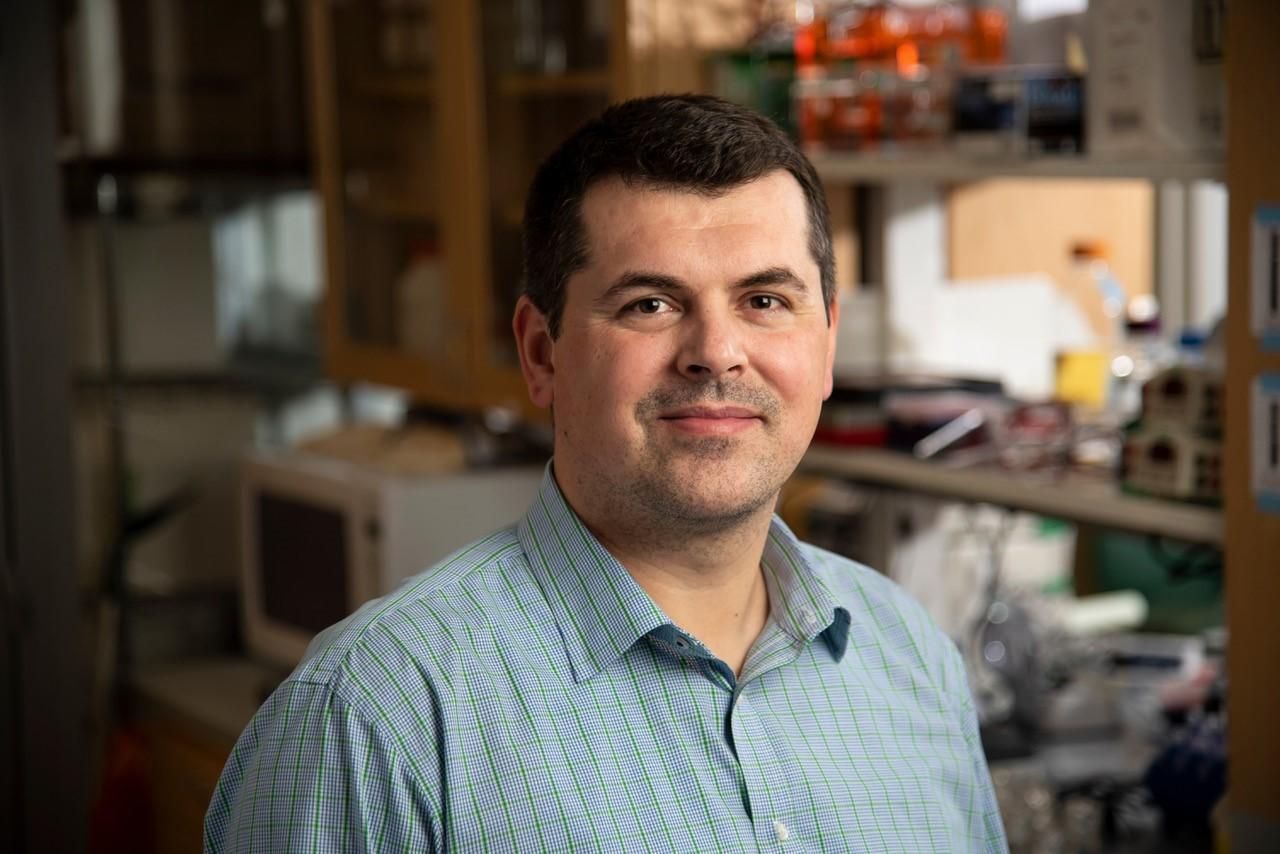
Mihai
Luchian
Azoitei
Positions
- Associate Professor of Cell Biology
- Assistant Professor of Pathology
- Member of the Duke Human Vaccine Institute